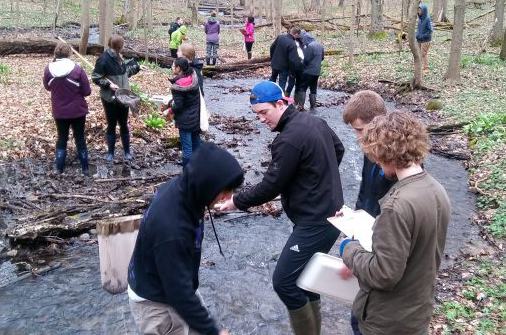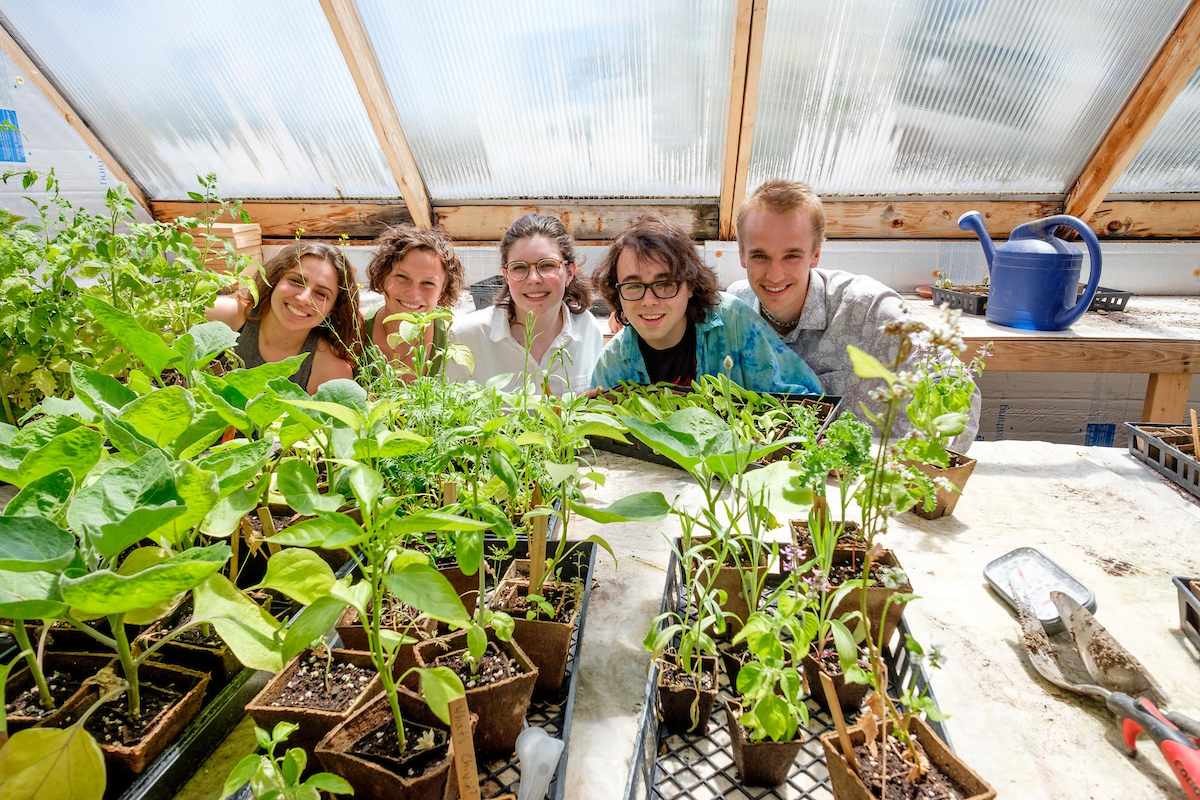
Why Learn Environmental Studies at K?
At K you will explore the relationship between nature and society and learn how to direct the future of global environmental stewardship through scientific research, community activism, and political change.
The department takes a comprehensive approach to environmental studies, acknowledging that environmental and resource problems are not just biological, geological, economic, or political issues. Instead, the concentration is designed to pool the knowledge of each discipline for a more holistic approach to learning so that you have the tools to assess, analyze, and evaluate the globe’s most pressing environmental problems.
You will learn these skills by taking a variety of courses in anthropology and sociology, political science, economics, art and art history, English, biology, history, philosophy, and, of course, environmental science. In natural science (e.g., Environmental Science), social science (e.g., Environmental and Resource Economics; and Nature and Society: Intro to Political Ecology), and art and humanity courses (e.g., Art and Environmental Justice; and World Indigenous Literatures) you will explore the ecological components of nature, the causes and consequences of natural or man-made disasters, and how to address future environmental challenges.
Integrating your concentration into your K-Plan, you are also encouraged to supplement your studies with experiential learning opportunities, such as campus sustainability work, maintaining the College’s growing spaces, and partnering with professors in their research. Many students even choose to complete their Senior Integrated Project in environmental studies, often using the College’s arboretum to ground their art, project, or research.
Additionally, you will have the opportunity to participate in an environmentally-minded study abroad program: explore the Galapagos Islands in Ecuador, learn about sustainable development in Cosa Rica, engage in community-centered conservation in Mexico, or travel across local agricultural communities in Thailand.
These experiences and lessons will prepare you for a wide range of environmental fields, with alumni having had successful careers in law, government, research, and education.
What can you do with an Environmental Studies concentration?
Below are some of the careers, employers, and graduate schools of our environmental studies alumni.
Careers
- Research Associate
- Veterinarian
- Data Analyst
- Attorney
- Policy Analyst
Employers
- U.S. Senate Committee on Agriculture, Nutrition, and Forestry
- Merck
- Environment Michigan
- The Michigan Agriculture Environmental Assurance Program
- Environmental Working Group
Graduate Schools
- University of Michigan
- Northwestern University
- The London School of Economics and Political Science
- University of Minnesota
- University of Nairobi
Program Spotlights
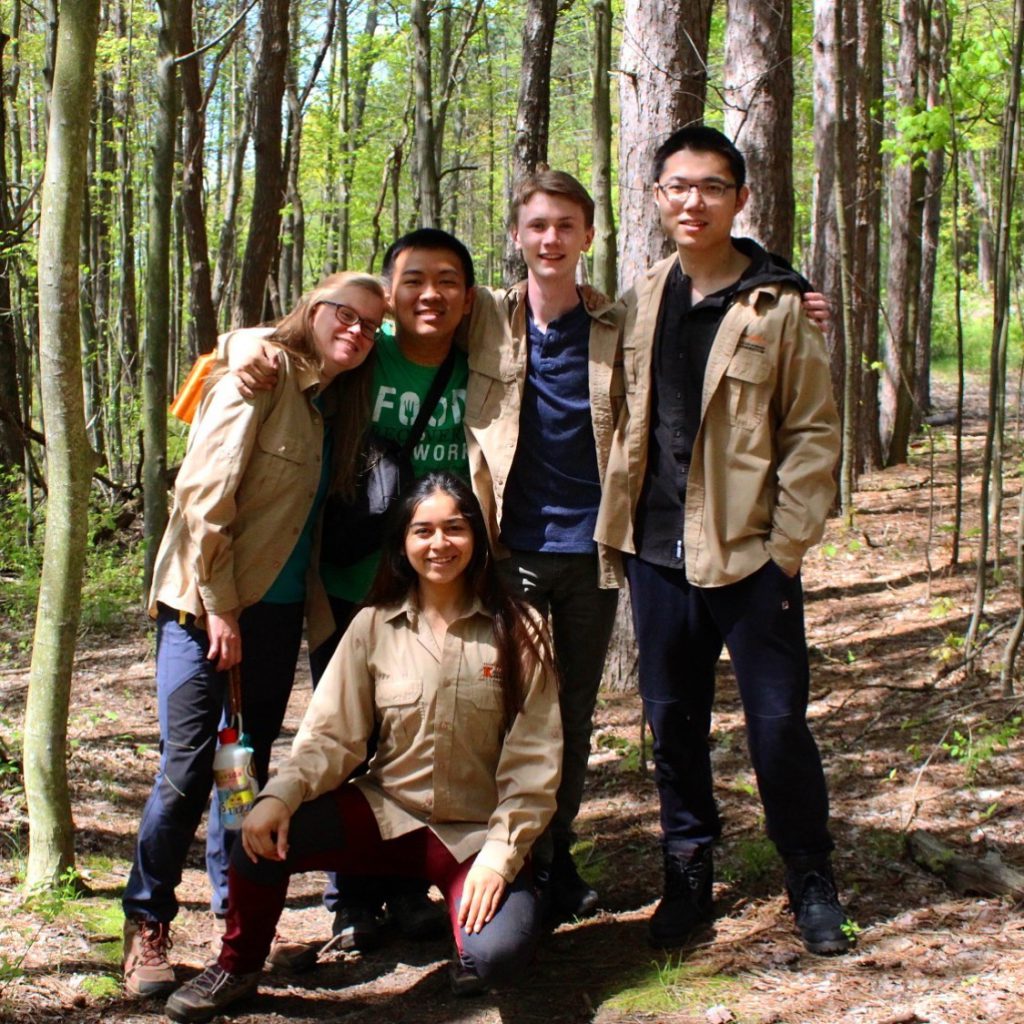
Connect, conserve, and learn from nature in the College’s arboretum
The College maintains and invites the community to visit the Lillian Anderson Arboretum, 140 acres of marsh, meadow, pine plantation, and second-growth deciduous forest. As a concentrator, you form a connection with this land as you use it as an outdoor classroom for hands-on learning, a place to practice environmental stewardship through student trail crew opportunities, and as a living laboratory in which to further environmental studies research.
Take your environmental studies across the globe
While you can choose from any of the College’s 50+ study abroad programs and transfer relevant classes, four programs offer unique experiences for environmental studies students: research ecology exactly as Darwin did in the Galapagos Islands in Ecuador; learn about sustainable development in San José, Costa Rica; participate in community-organized cultural and land-based preservation projects in Oaxaca, Mexico, or study and observe sustainable ecological development in Chiang Mai, Thailand.
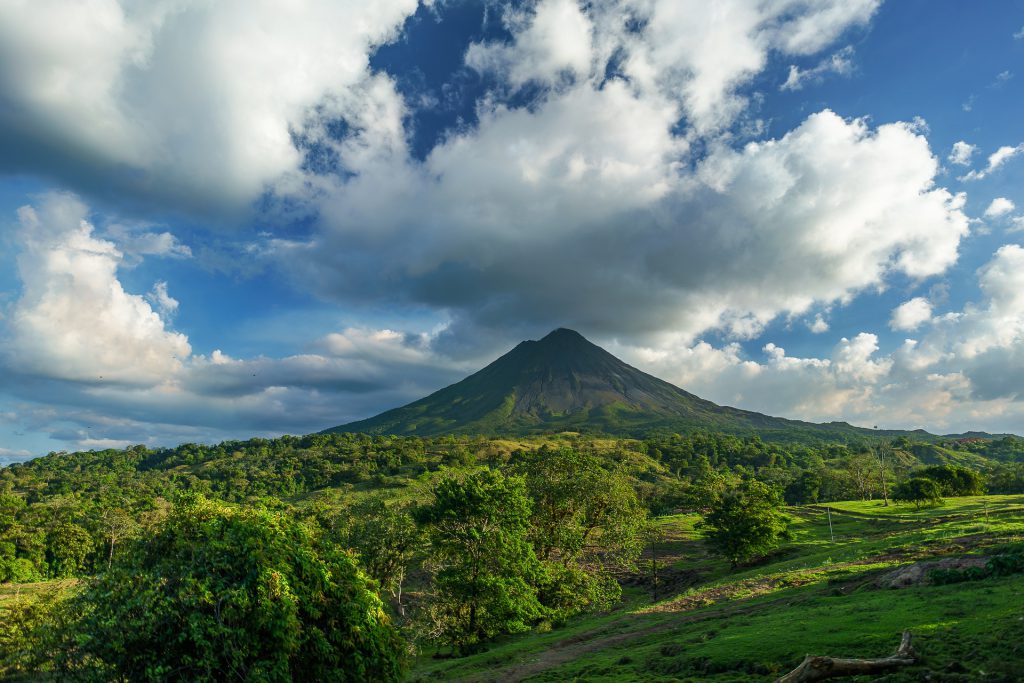
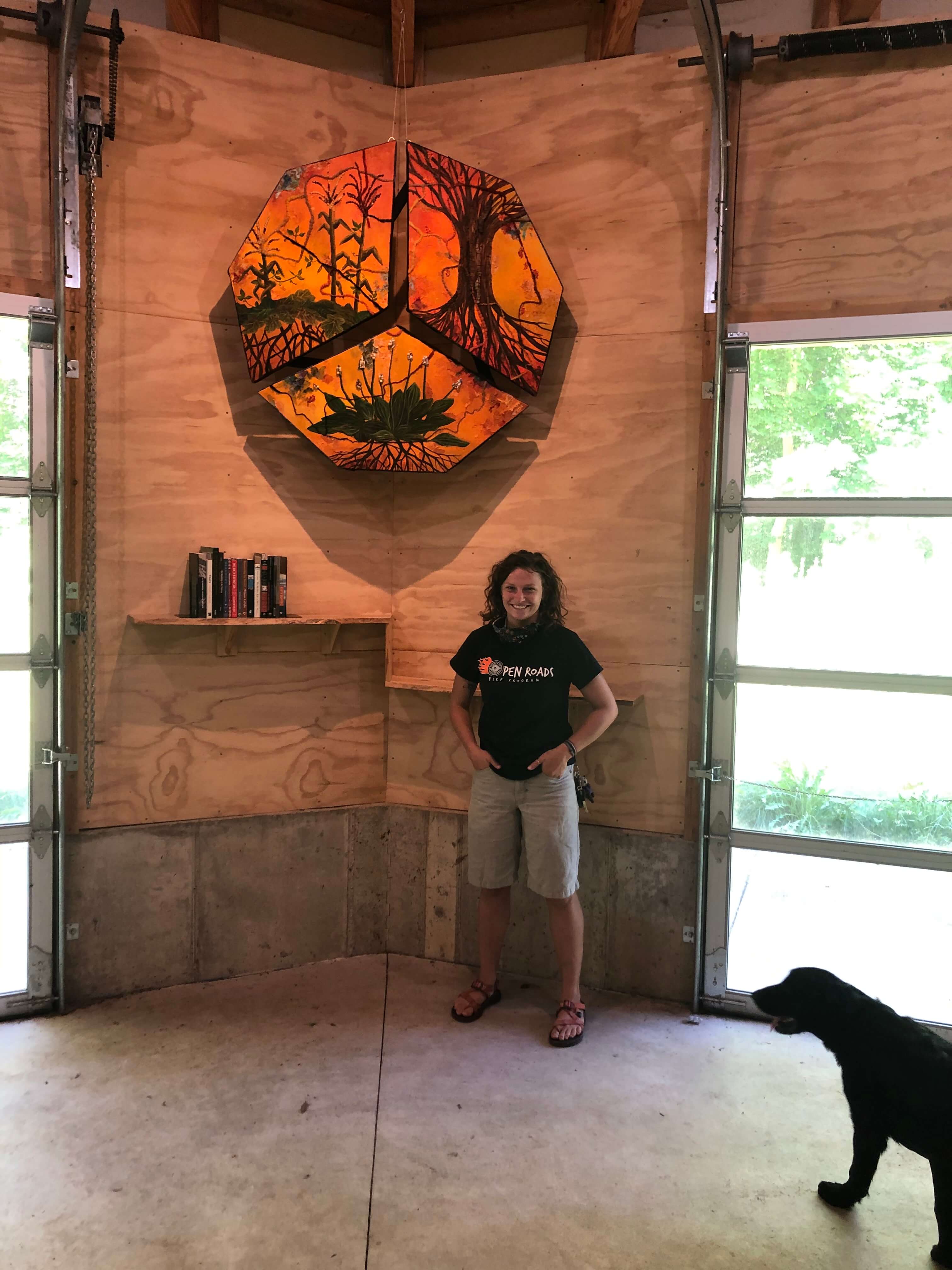
Apply your studies in your Senior Integrated Project (SIP) and fellowships
As a concentrator, you will engage in meaningful research and work through your SIP or Summer Environmental Stewardship Fellowship. Fellowships are a chance to get paid to work on stewardship and sustainability projects in our community; whereas your SIP is a capstone project where you can conduct research, reflect on nature, create art, or implement conservation projects. For example, Aidan Voss ‘20 explored the relationship between land and consumerism through art in her SIP, “Reciprocal Relationship Building as a Way of Resistance and Resiliency.”
Meet the Current Departmental Student Advisor
What is the best thing about being part of this department?
Having the opportunity to be with a variety of people in a variety of classes and departments because we all value the environment.
What drew you to the department?
Concern for the environment as climate change worsens.
What is your favorite thing about K?
I love the people. It’s such a small campus so everywhere I go I see people I know, but it’s just big enough that I’m also always meeting new people!
How have you taken advantage of the flexible curriculum or experienced breadth in your education?
The Environmental Studies concentration strongly encourages branching out and has introduced me to many departments I will be taking more classes in, including philosophy and economics! I also got the fantastic opportunity to study abroad in Ecuador!
What is your Senior Integrated Project (SIP)?
I will be working at an entomology lab at MSU exploring integrated pest management.
What has been your favorite class at K?
My favorite class at K was PHIL-105 Environmental Philosophy. I had never taken a philosophy class and it was a little intimidating after having taken mostly biology classes, but it really encouraged attentiveness and made me think through my beliefs more fully.

